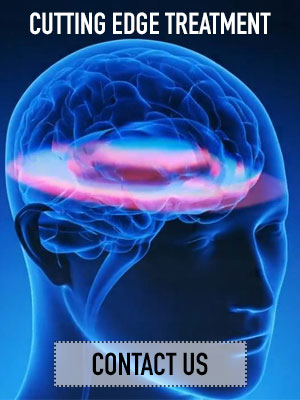
Heroin Addiction Treatment
at Pure Recovery California

Heroin Addiction Treatment Pure Recovery California
Heroin is one of the most addictive narcotics worldwide, exacerbated by the opioid crisis in the United States, which has increased both availability and affordability.
Table of Contents
Rising trends from the National Institute on Drug Abuse (NIDA) highlight a significant increase in heroin use across all demographics.
Data from NIDA confirms this distressing trend about heroin addiction:
- Nearly 1 million people, in 2016, reported using heroin in the past year
- 170,000 people used heroin for the first time in 2016, almost double the number of first-time users surveyed in 2006
- The number of people that met the criteria for heroin use disorder and addiction rose from just around 200,00 to more than 620,000 in just over a decade
At Pure Recovery, we understand the unique challenges faced with heroin addiction. Our treatment programs offer comprehensive support, combining medically supervised detox with advanced brain imaging and holistic approaches such as diet and exercise, guiding our clients towards a complete recovery.
Why is Heroin so Addictive?
Heroin, a morphine-derived substance, is exceptionally addictive due to its rapid induction of euphoria. Some may be particularly vulnerable as the drug binds to brain receptors that regulate pleasure and pain—a mechanism that can be severely detrimental to sports performance and high-stress professions. The body’s natural adaptation, increasing tolerance, necessitates higher doses for the same ‘high’, escalating the risk for those in these professions.
Call Us: (833) 441-0754 | Email Us
What are the Signs and Symptoms of Heroin Addiction?
Understanding the signs of heroin addiction is crucial. The addiction often begins with intense withdrawal symptoms, diminishing a person’s physical condition and can severely impact an their ability to function adequately and maintain their well-being.
Some of the signs and symptoms of heroin addiction will vary in individuals, depending on the frequency and amount used, as well as the length of their dependency, but can include some of the following:
- Depression, anxiety and mood swings
- Nodding off to sleep at inappropriate times, sleeping more than usual, or seemingly always tired
- Lacking motivation or apathy about activities and events once enjoyed, including a decline in performance at work or school
- Avoiding friends and loved ones or running with a new set of friends all of a sudden
- Having paraphernalia such as syringes, spoons, lighters, straws for snorting, glass pipes, etcetera, as well possession of the drug itself
- A decline in personal hygiene, in addition to dressing in long shirts and pants, even in warm weather, to cover bruises or needle marks on the body
- Frequent respiratory infections, dilated pupils, dry mouth and slurred speech
Heroin Overdose Risks
The urgency to prevent heroin and opioid overdoses cannot be overstated, with opioid abuse-related fatalities rising sharply. Awareness about the risks, particularly the prevalence of fentanyl-laced substances, is vital for everyone’s safety. Overdoses often result from respiratory depression caused by these powerful drugs, and relapses can be particularly dangerous due to decreased tolerance after periods of abstinence. It’s essential for athletes to be informed about these dangers and to support initiatives aimed at reducing overdose risks in a person’s profession.
CUTTING EDGE HEROIN ADDICTION TREATMENT PROGRAM
Call 24/7: (833) 441-0754
Reach out toll-free at (833) 441-0754 to explore our specialized Heroin Addiction Treatment Program available throughout the United States.


